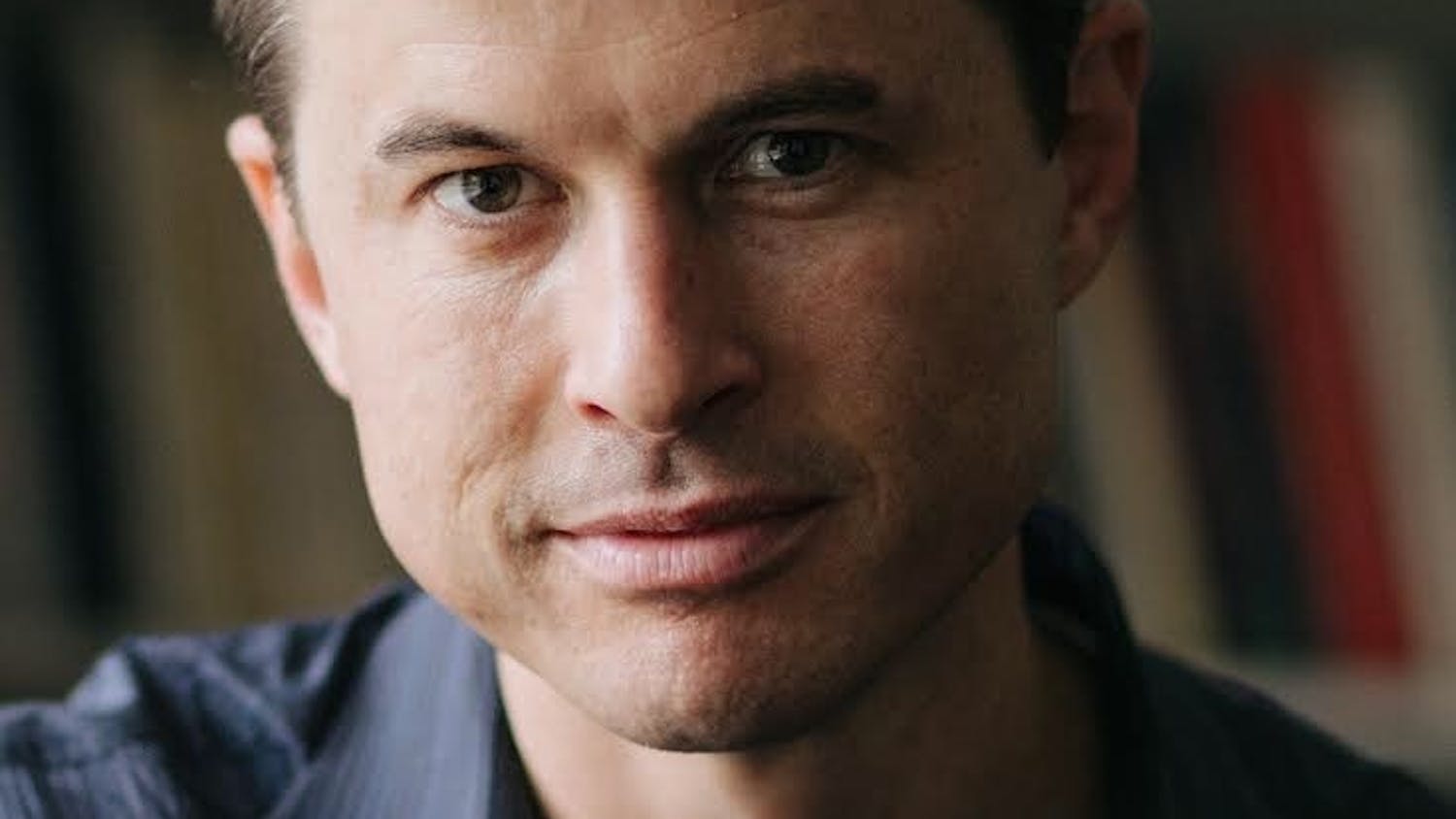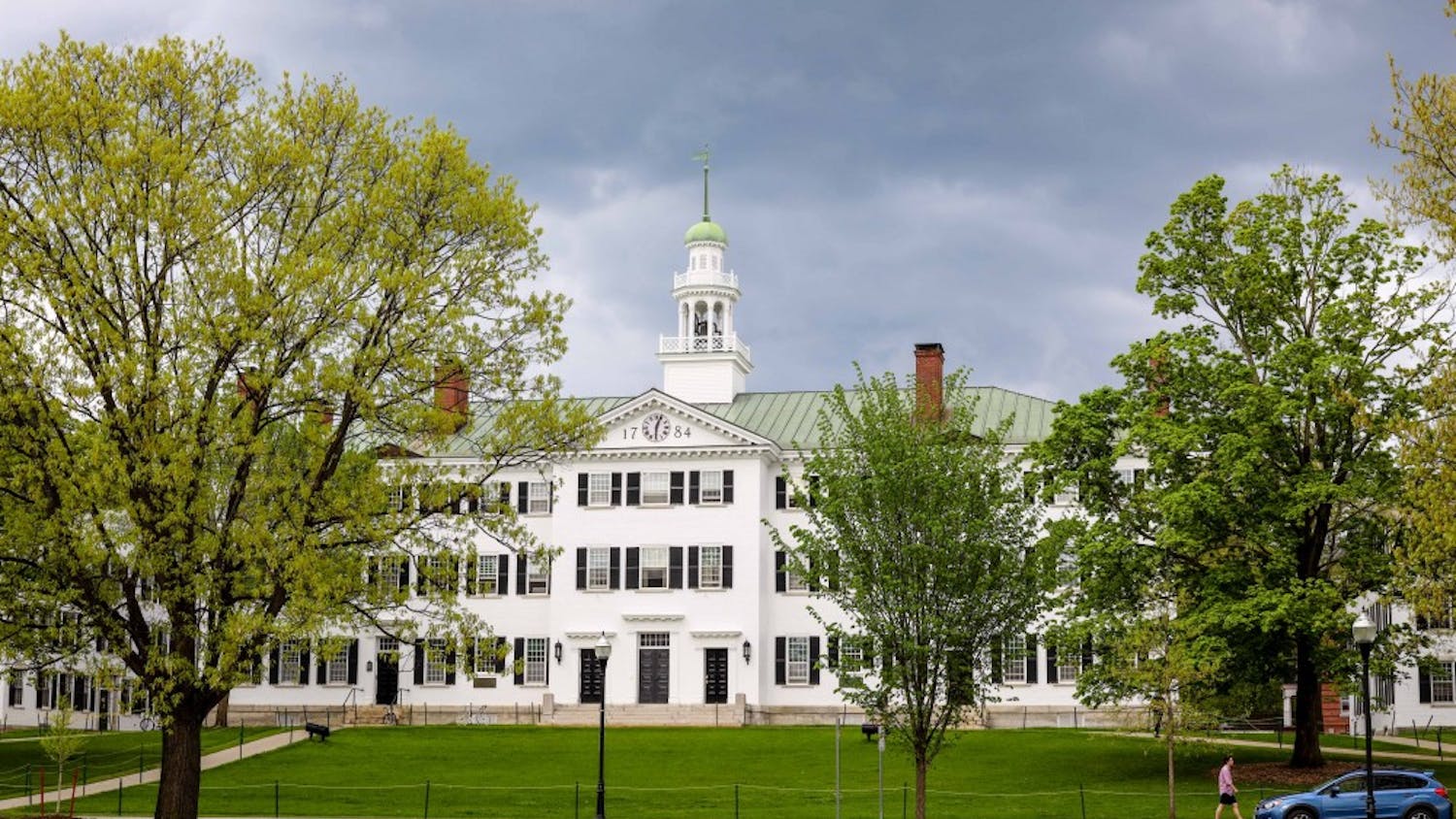At Tuesday’s State of the Union address, President Donald Trump paraded the country’s rising tide of economic success. The unemployment rate is at a 50-year-low at 3.5 percent, and hourly wages for some of the country’s lowest income earners have risen. Americans’ attitudes generally reflect those numbers, as many feel better about the economy than they did a year ago.
Trump spent much of this portion of his speech by pandering to various marginalized and minority communities. He mentioned that unemployment and poverty rates for blacks, Hispanics and women are at historic lows. And in one display of his remarkable showmanship, Trump singled out a man who was sitting in the House gallery: Tony Rankins, a black man from Ohio, who overcame drug addiction and formed a profitable construction company. Trump credited Rankins’ success to the GOP-led 2017 tax cuts.
It’s hardly possible to sidestep the fact that Trump enjoys a strong economy, one which seems to be improving for almost everyone and shows no immanent signs of downturn. The strong economy presents a formidable challenge to Democratic candidates making their case against Trump. A successful economy is indeed everyone’s success. But in no way should a few strong economic indicators fool voters into thinking all is well.
Before we continue, it’s important to remember that Trump cannot fully take credit for all these positive economic indicators. Unemployment rates had been decreasing for years prior to Trump’s inauguration, and hourly wage growth began its increase under President Obama. These and other trends, including GDP and stock market growth, indicate that Trump inherited an economy that was already strong. Given that fact, it’s hard to say how much of the good economy is due to Trump — if anything, his unprompted trade war with China risks losing the economic gains made in prior years.
But the story of Tony Rankins may point to a different conclusion. Trump can clearly take credit for tax cuts and the creation of “opportunity zones,” both key components of the 2017 Tax Cuts and Jobs Act. The tax cut created so-called opportunity zones as a way for economically distressed neighborhoods to attract outside development. By allowing investors to defer capital gains taxes, wealth can flow into poor, usually minority communities, leading to job creation and much-needed housing development.
However, while Rankins may have been a beneficiary of an opportunity zone, there is little evidence to suggest that stories like his are common. Studies of opportunity zones’ long-term effects do not exist, since the concept was only recently enacted into law. But one flaw identified by skeptics is that the law does not specify what kind of developments can be built. A developer can build affordable housing units — but he could just as easily build high-end apartment complexes, displacing residents and failing to help the people who supposedly stand to benefit from the opportunity zones. This is already happening across the country. Hedge funds and wealthy investors receive enormous tax breaks on property developments, while displacing lower income residents at the same time.
The mixed message of opportunity zones reflects a broader reality that Trump kept out of view during his address to the nation — that the rules of the economy still disproportionately favor the well-off. Tax cuts have concentrated their benefits on the wealthy, with 60 percent of total tax savings from the 2017 tax cut going to just 20 percent of income earners. Meanwhile, middle-class Americans, especially those living in states Trump carried in 2016, have often seen declining wages.
The State of the Union is, of course, is not likely to change the country’s political landscape. Minds are not likely to be changed, as most viewers have already made up their minds about the President. For his part, though, Trump is likely to use the good economy as a talking point for stump speeches as he vies for victory in the 2020 presidential campaign. He already has — the economy is a regular talking point at his rallies. But that isn’t the whole story. Voters must keep in mind that Trump cannot take all the credit for the current economy, and that though the economy is working for some, there are still many Americans left out of Trump’s self-proclaimed “greatest economy we’ve had in the history of our country.”



